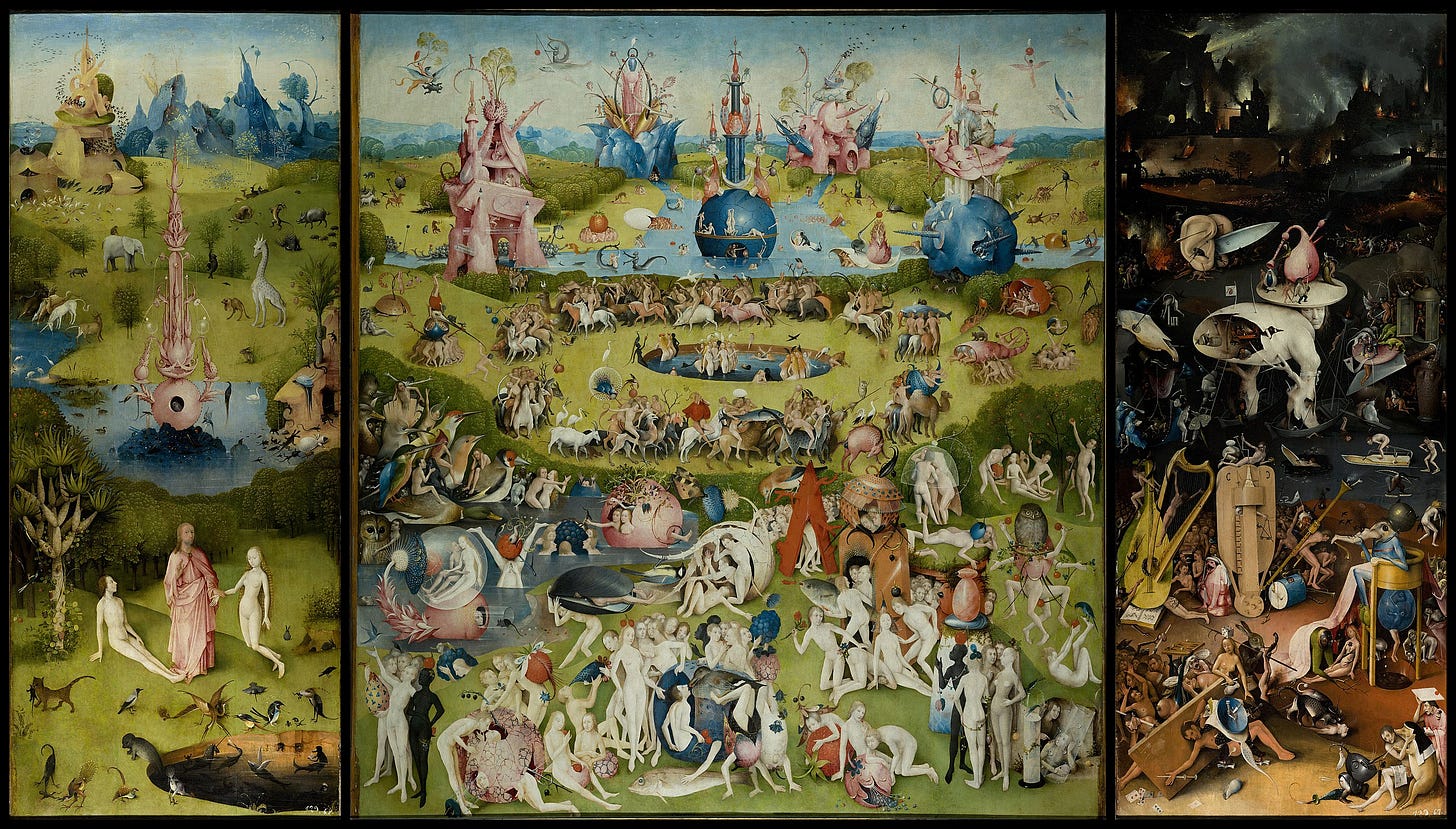6 INSIGHTS
I.
Since values can be defined as a set of beliefs that guide actions and behavior, everything we think, feel, and do is connected to our value system. Most of this is unconscious.
II.
Values are called values because they produce or extract value in the real world. As such, they go beyond being merely a set of ideas.
III.
Since values create value in the real world, the value that they produce is relative to their environment. As a result, in different environments, a different set of values emerge as most beneficial.
IV.
Over the past 10,000 years, humanity has gone through many different epochs, such as the Hunter Gatherer Age, the Agrarian Age, the Industrial Revolution, and the Information Age. Each of these era’s brought forth a new way of being in the world and its own system of values.
V.
Each system of values is finely tuned to its environment in order to create and extract value. These value systems are embedded in our culture, language, philosophy, and worldview.
VI.
Transitions from one value system to another are not uniform, and multiple value systems often coexist. Value systems can be resistant to change even when environments shift, creating cultural lag. This leads to cultural wars as each value system competes. Today there are three primary value systems that are at odds with each other: traditionalism (rural), modernism (urban), and postmodernism (city).
4 QUOTES
I.
"The fundamental problem of humanity is that we have Paleolithic emotions, medieval institutions, and godlike technology." - E.O. Wilson
II.
"It is not the strongest of the species that survives, nor the most intelligent that survives. It is the one that is most adaptable to change." - Charles Darwin
III
“The old world is dying, and the new world struggles to be born: now is the time of monsters." - Antonio Gramsci
IV.
"Culture is not your friend... Culture is for other people's convenience and the convenience of various institutions." - Terence McKenna
1 QUESTION
How would you describe your value system?


